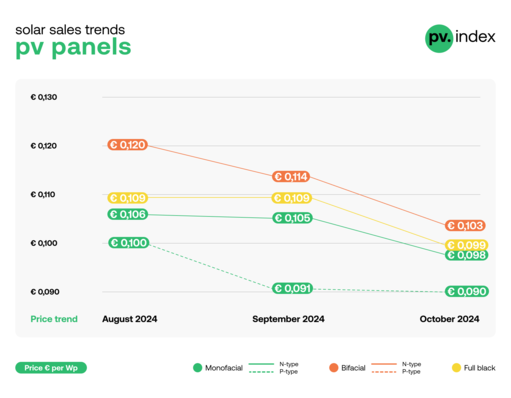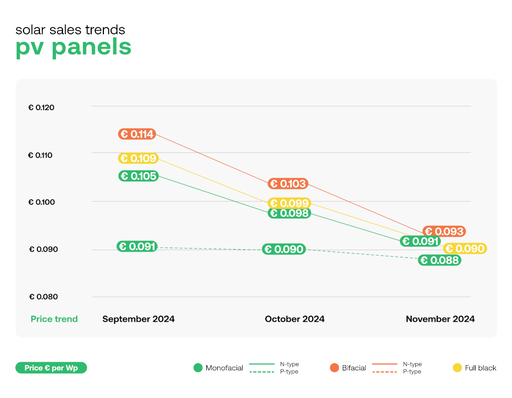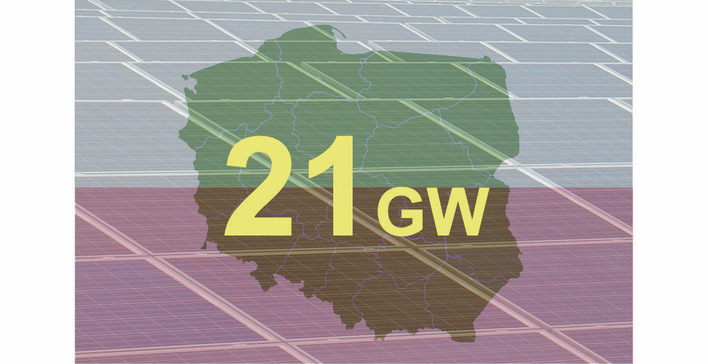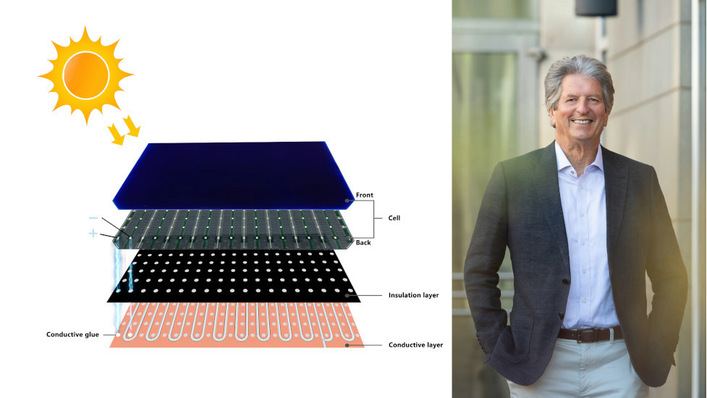Traditionally, the industry meeting in Bad Staffelstein focuses on advances in solar modules and system technology. This year, its 40th edition centred on bringing solar plant production back to Europe – with Germany in the spotlight. After all, it was forty years ago that Germany brought solar cells and modules to the point of mass production.
For a time, Germany held the lead in solar development.
Twenty-five years ago, German producers set the pace in solar manufacturing. Bitterfeld, Freiburg, Dresden, Erfurt and Berlin were home to pioneers like Q-Cells, Solar Fabrik, Solarwatt, Ersol, and Solon. With the EEG, a new and hopeful sector began to emerge. Then, in 2010 and 2011, the black-yellow coalition abruptly cut the feed-in tariff, resulting in the collapse of the German manufacturers.
Fraunhofer ISE: Solar module output often overstated
The Chinese, by contrast, recognised the opportunity – and received substantial support from Beijing. Gradually, by lowering prices, they increased their market share. “This is why prices are currently very low,” says Andreas Bett, head of Fraunhofer ISE in Freiburg. “In some cases, they are below the manufacturing costs of the Chinese suppliers.”
Total dominance of Chinese manufacturers
Today, it’s no exaggeration to say that the Chinese dominate the solar market. In Bett’s view, 99 percent of wafers and 90 percent of cells are manufactured in the Far East. Back in 2010, Beijing recognised that to dominate the global market, it needed to build up production over the long term.
Spain – Europe’s sun-drenched hotspot
As a long-term strategy, this has clearly worked. In Germany, political resistance has severely damaged the domestic solar industry. Now, however, the EU is taking countermeasures.
An unhealthy dependence
For technical, economic, and political reasons, Europe’s dependence on China is extremely unhealthy. A new directive stipulates that 40 percent of new construction in Europe must come from domestic production. “The European solar market is developing well,” says Robert Mändel, founder and CEO of Opes Solar Mobility. “There are new opportunities for European manufacturers.”
Greenpeace and SolarPower Europe collaborate to accelerate solar PV in Ukraine
In 2012, Mändel founded a company in China to produce small solar modules for off-grid use – charging smartphones, laptops, for caravans and camping, or as generators for street lighting. “Around 600,000 modules leave our fully automated factory in China every month,” he says. “We offer around 100 different products.”
New plant in Zwenkau by Leipzig
Opes is now setting up a factory in Zwenkau, Saxony, not far from Leipzig. The focus will be on vehicle applications, which significantly extend the service life of on-board batteries and offer an economically attractive business model.
More on Opes: Smarter E AWARD 2025: Energy transition pioneers shortlisted
A team of 25 was assembled over the course of 2024, and machines are now being delivered and installed – from both China and Germany. “We will begin the ramp-up at the end of the second quarter,” says the experienced solar manager. “Series production will start in the third quarter, and we plan to grow the workforce to 125.”
Conquering niche markets
The modules now coming off the line in Zwenkau are niche products with little to no competition from China. They’re primarily used by vehicle manufacturers and suppliers in the truck and van sector.
The new plant aims to produce between 250 and 300 megawatts annually. Opes Solar Mobility is also working on improving system integration – specifically, how solar modules are incorporated into the vehicle surface and electrical system.
The shift from the Far East to Germany comes in response to direct customer demand. “They expect production of such components to take place in Germany,” explains Mändel, especially for large-volume orders where quality is non-negotiable. “By 2030, solar modules will come as standard on most vehicles,” he adds. “The potential is vast.”
Mändel is confident that vehicle-integrated solar will move from the margins into the mainstream. His project in Zwenkau shows how domestic production can find new footholds in niches that China has yet to claim. (HS/TF)
More on Europe: ESG – The EU wants to be a pioneer








